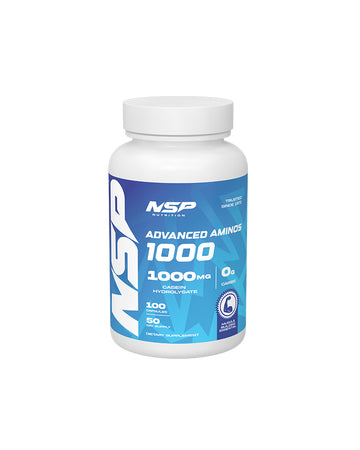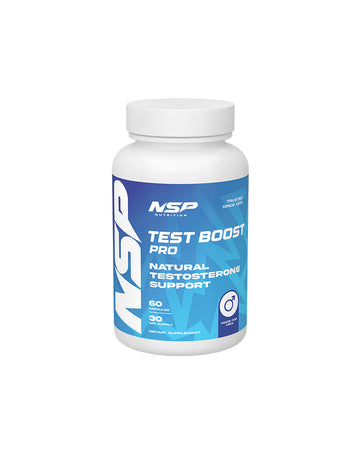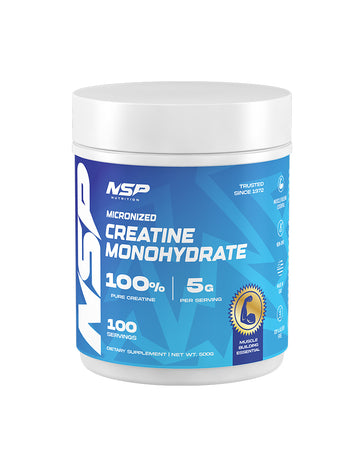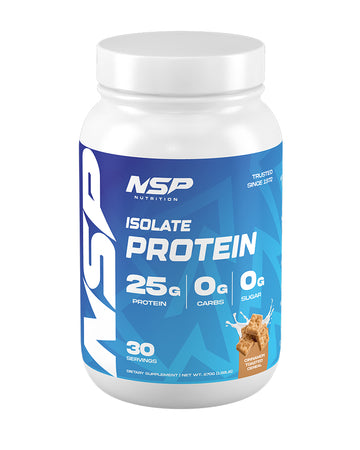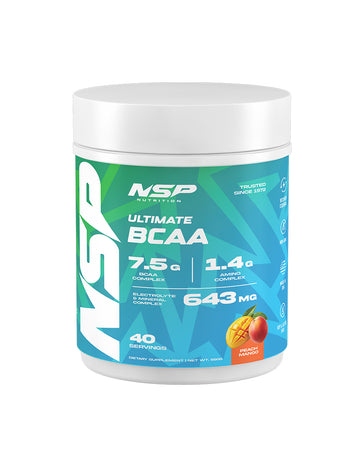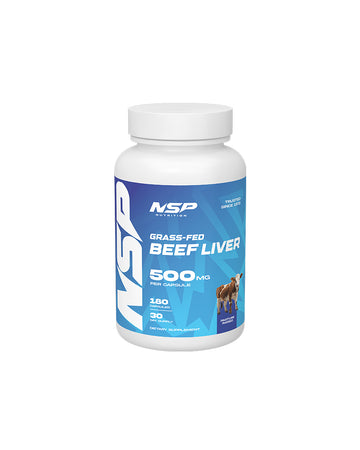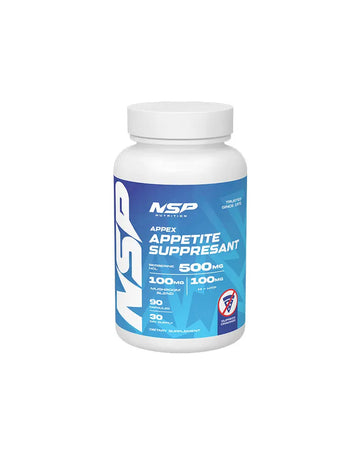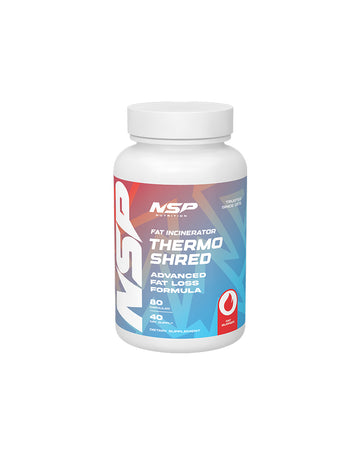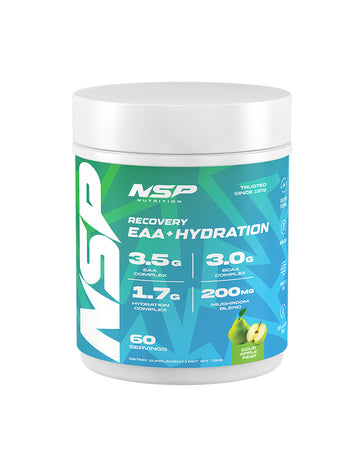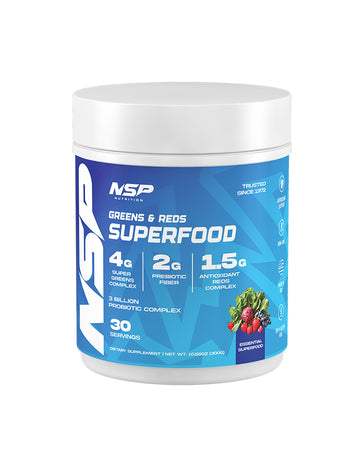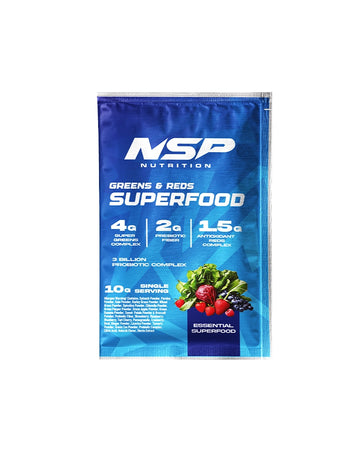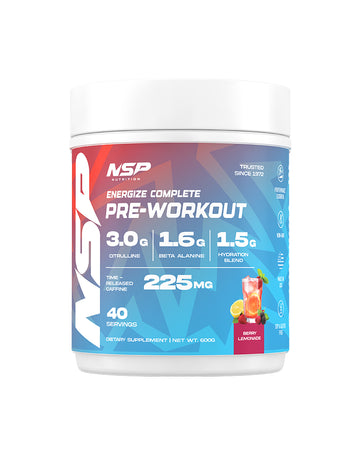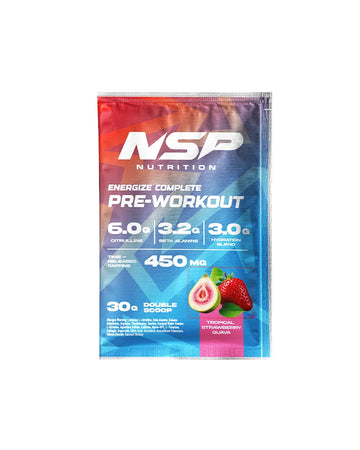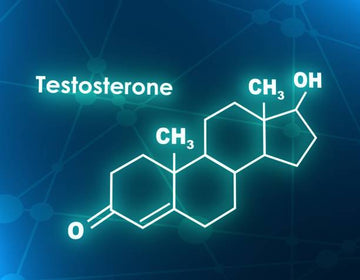Everybody’s favorite dishes has an egg in them. Egg yolks are often used in baking and cooking to add richness and texture to dishes. They are used to make custards, ice cream, and mayonnaise, and can also be used to thicken sauces. Egg whites are often used in meringues and other baked goods where a light, fluffy texture is desired. They can also be used in savory dishes, such as omelets and quiches.
Eggs & Bodybuilding
Eggs are a staple in many diets and have also become a fundamental part of bodybuilding, fitness, and gym culture in general. We have so many supplements and protein powders derived from this protein superfood and even entire diets like the steak and eggs diet and even the 36-eggs-a-day diet. They're a cheap and easy source of protein, and they're also packed with essential vitamins and minerals. However, when it comes to eating eggs, there's often confusion around whether it's better to eat the yolks or the whites, so let's take a closer look at the nutritional differences between egg yolks and whites and help you decide which one is the best choice for you.
Egg Yolks

Egg yolks are the yellow part of the egg that is located in the center of the egg. They are high in fat, cholesterol, and calories. However, they are also packed with essential nutrients such as vitamin A, vitamin D, vitamin E, and vitamin K. Additionally, egg yolks contain a variety of minerals including iron, zinc, and selenium.
Health Benefits
Egg yolks are a good source of antioxidants, including lutein and zeaxanthin, which are important for eye health. They also contain choline, which is important for brain health. Egg whites are a good source of protein and are low in calories, making them a good choice for weight loss and weight management.
What About Cholesterol?
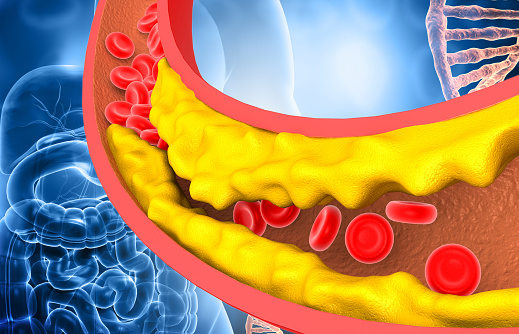
The debate over cholesterol in eggs is not as simple as it may seem. While egg yolks do contain cholesterol, research has shown that dietary cholesterol does not have a significant impact on blood cholesterol levels in most people. In fact, research has found that for healthy individuals, eating up to one egg per day does not increase the risk of heart disease.
Another point to consider is that the yolks are not only the cholesterol rich portion of the egg but also the most nutrient dense part of the egg, containing most of the vitamins and minerals that eggs have to offer. The yolks also contain lutein and zeaxanthin, two antioxidants that are essential for maintaining healthy vision.
Egg Whites
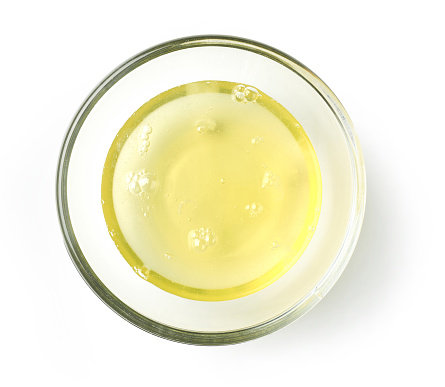
Egg whites, on the other hand, are the clear part of the egg that surrounds the yolk. They are low in fat, cholesterol, and calories and are an excellent source of protein. They also contain small amounts of essential vitamins and minerals, such as vitamin B2 and potassium.
When it comes to protein, both egg yolks and whites are good sources. However, the whites are a more concentrated source of protein, with about 3 grams of protein per egg white, compared to the 2.7 grams of protein in a whole egg. They are also low in calories, with one large egg white containing about 17 calories and are a good source of essential amino acids, including lysine and methionine. They are also cholesterol-free and a good source of vitamin B12.
So… Which Should You Choose?

When it comes to the debate of whether to eat egg yolks or whites, it's important to consider your dietary needs and goals. For example, if you are trying to lose weight or lower your cholesterol, you may want to opt for egg whites, as they are lower in fat and cholesterol. However, if you are looking to boost your intake of essential vitamins and minerals, you may want to opt for the yolks.
End of Debate
In conclusion, both egg yolks and whites have their own unique nutritional benefits. While egg whites are lower in fat and cholesterol, egg yolks are packed with essential vitamins and minerals. Ultimately, the best choice for you will depend on your dietary needs and goals.
While both egg yolks and egg whites have nutritional benefits, it is important to note that the yolks do contain cholesterol. However, dietary cholesterol does not have as significant an impact on blood cholesterol levels as previously thought. In fact, the American Heart Association recommends that healthy adults can eat one egg a day as part of a balanced diet.
If you're looking to lose weight or lower your cholesterol, opt for egg whites. If you're looking to boost your intake of essential vitamins and minerals, or if you're trying to maintain healthy vision, opt for the yolks. And if you're not sure, you can always have the best of both worlds by eating whole eggs.















